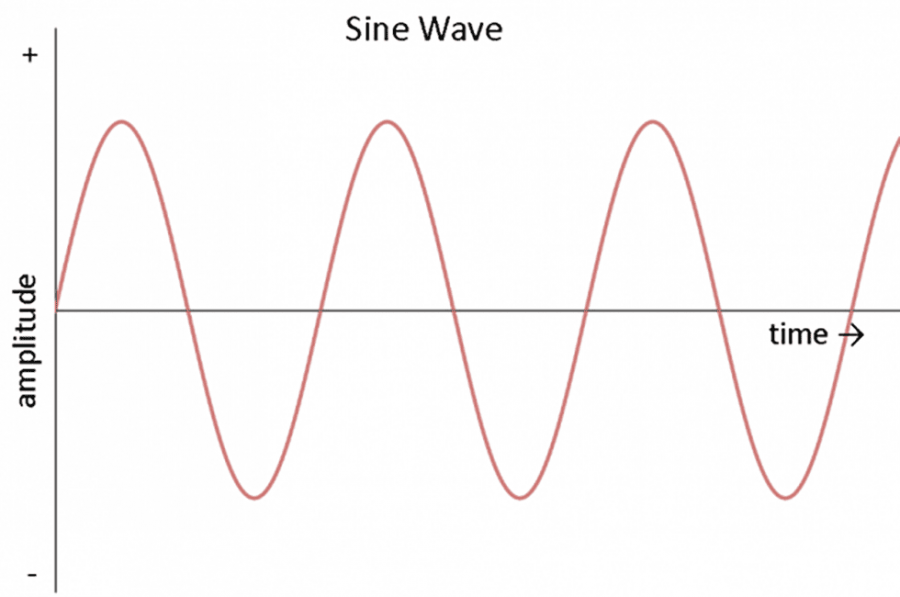Highs, Lows, and Taking the Short Way Around
Unfortunately, the circumstances of my writing this article seem to necessitate some departure from the characteristic dryness in composition that comes through strongly in my other articles. I preface this article with emphasis on its personal nature. It is an exploration of what I am experiencing right now. That understood, the listener whom I address is myself, before anyone else. I am not a therapist, and I give this advice not as a professional, but as a peer, in the hope that it is accessible and applicable to you.
I surely am not the first to say that 2020 has been a curious year so far. I, myself, had an incredibly difficult spring semester, which was further aggravated by the pandemic. During this time, I discovered things that you might have known for some time now. Perhaps, even I already knew them, but was not aware that I did. This riddle-speak benefits neither me nor you, though, so I had best get to the point: a common enemy is an effective way of bringing people together. Our contact with our companions is doomed to be minimal, but though COVID-19 separates us, its very universality that makes it so terrifying may provide us hope.
I would be surprised if anyone is enjoying isolation, even if they are introverts. I propose that we have a mutual understanding of how isolation is affecting us, and that this means we can more easily access empathy for each other. This doesn’t make the problem go away, but at least it somewhat mitigates the socio-emotional damage, to say nothing about the dangers of the disease itself. But now, more than ever, I suspect help would be openly given if sought. Here, I directly address people who constantly give themselves to others, but thinks it unjust if another gives to them.
These are awfully opportune conditions for some self-discovery. With so many stressors compounding at once, this is the time to release what parts of our tensions we can control. I saw a flowchart once that gave the following advice, and as humorous as it is, I find it poignant nonetheless: If there’s a problem, and you can do something about it, then you have nothing to worry about. If there’s a problem, and you can’t do anything about it, then why bother worrying about it? If there is no problem, then there is still nothing warranting unease.
I found that I was investing a lot of energy into things I perceived as problems that were no great issue, and into things I couldn’t control. Those two wastes of effort were the main reason why my senior year at high school was nearly unbearable. I keep coming back to the universality of the pandemic and the empathy you and others have in such excess, because I think it’s really important to our survival. Picture the following scenario: Finals week is approaching. (I know this is really far-fetched, but stay with me.) Hypothetically, you’re stressed about exams and papers and you’re frustrated that people are asking all these things of you that you can’t do and you just aaaaaaaaaaa. Crazy, I know. Expectations seem unreasonably high, considering. But maybe they aren’t as high as you perceive. People know how exhausted you are because they feel the same. Now more than ever, it’s not only okay, but necessary to let things go – to, using an unfittingly negative phrase, let things slip a bit.
When I took classes with Mr. Brady, there was a poem posted on his wall called “The Station.” It’s a really good poem by Robert Hastings about focusing on experiencing the present, rather than living in the future. Hastings warns that we are prone to tricking ourselves into living for milestones, rather than life—that we convince ourselves that, when something in life happens, all our problems will be resolved and we will live happily ever after. This perpetually prevents us from experiencing life, since we will always have the mirage of a milestone in the distance. I’m going to take this in a different direction. Hastings tells us to beware of disconnection from life around us due to milestoning, but I found it instrumental in surviving the semester. To put it bluntly, I didn’t realize how miserable I was, because I wasn’t living in the moment. I used this technique in high school extensively, as well. In the long term, this is a horrible idea, but in the last bit before school is over, it was fantastic for me.
Empty words are what I have just given you. They mean nothing coming from me, so please find someone whose advice means something to you and ask for help. They are going through the same thing as you, and they probably understand more than you imagine. I called a therapist. I thought he’d have advice as generic as I just gave, but he really didn’t. But you don’t need to be a therapist to have a different perspective on the pandemic. Everyone you know has a unique understanding of and reaction to COVID-19; you just have to find the people who mean something to you.
